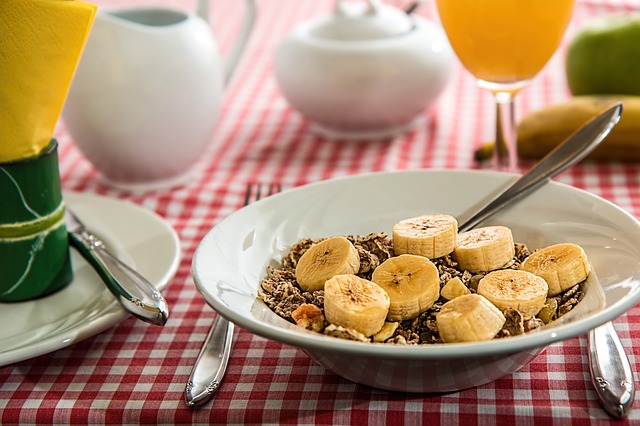Digestive Health: What You Need to Know

In the past year, 20 per cent of Canadians over the age of 55 declined, cancelled or rescheduled an event due to digestive health issue symptoms. Antibiotics, antacids, bacterial infections, caffeine, hormone imbalance, lack of sleep, stress and poor food choices and alcohol consumption can all affect digestion. Here are some helpers.
Probiotics
These beneficial bacteria are essential for a healthy gut, doing everything from helping us extract nutrients from food to fighting disease-causing microbes. Researchers are busy isolating hundreds of species and finding therapeutic uses including, not surprisingly, for digestion.
Jamieson Vitamins put such research into its Digestive Care line, launched earlier this year. The Daily Relief supplements feature Probi Digestis, a probiotic strain the company developed to relieve gas, bloating and abdominal discomfort – symptoms common with Irritable Bowel Syndrome. And Diarrhea Relief (available in adult and kids) uses Lactobacillus rhamnosus GG, a strain shown to relieve infectious and antibiotic-induced diarrhea.
Michelle Latinsky, a registered dietitian with Jamieson, notes that most antibiotics are broad-spectrum and kill off good bacteria along with the offending ones, which results in 25 per cent of people suffering diarrhea during or after antibiotic use.
She recommends taking a daily probiotic throughout a prescription (taken two to three hours apart) as prevention and afterward as replenishment. And although the Digestive Care products are shelf-stable (the microbes survive to expiry), it’s best to store them in the fridge.
Fermented Food

Fermented foods such as sauerkraut, kimchee, pickled vegetables and fruits, tempeh (fermented soybean patty), kefir (fermented milk) and kombucha (fermented green or black tea) have been shown to contain probiotics and prebiotics – dietary fibres that feed our beneficial bacteria.
“When you sit down to eat, you’ve got 100 trillion bacteria that are saddling up to the table with you. And they want to be fed. And in order for us to be healthy, they need to be healthy,” says Tracey Beaulne, a naturopathic doctor who operates The Tummy Clinic in Toronto (thetummyclinic.com). Like us, she says our gut microbes thrive on healthy whole food. And when it comes to fermented foods, she recommends those found in the refrigerated section with a short expiry to guarantee the most living microbes.
The process of fermenting food can make it easier to digest as well. The process partially breaks down food, essentially ‘pre-digesting’ it. For this reason, Genuine Health, the makers of greens+, introduced a fermented vegan protein line in 2014. The company’s product development manager, naturopath Julie Chen, explains the benefit is with antinutrients – plant compounds that interfere with digestion and absorption – like those in protein-rich legumes.
“With a lot of people who want to consume vegan protein, they can’t because they get so much bloating and digestive upset,” she says. “And we know that fermentation is able to unlock, to breakdown some of these antinutrients.”
Fibre

Canadians are eating about a third of the fibre we should each day (21 grams for women and 30 grams for men).
That’s a problem since it plays an important role in digestive health; soluble fibre binds to waste while insoluble fibre flushes waste out. A one-time nutritional scientist for the Canadian Armed Forces, celebrity trainer and new Metamucil spokesperson Harley Pasternak has an appreciation for fibre that started young.
“The benefits were introduced to me by my mother. I think people of all ages, even young kids, once you’ve been constipated once, you never want that to happen again,” he says.
In his new book 5 Pounds, Pasternak includes eating fibre five times a day as a must-do for weight loss and maintenance. Fibre helps you feel full so in addition to eating sources such as vegetables, fruits, whole grains, seeds and nuts throughout the day, Pasternak recommends Metamucil before meals to curb overeating.
Soluble fibre is also a prebiotic, so it’s feeding us and our bacteria, too.
Bon appétit!